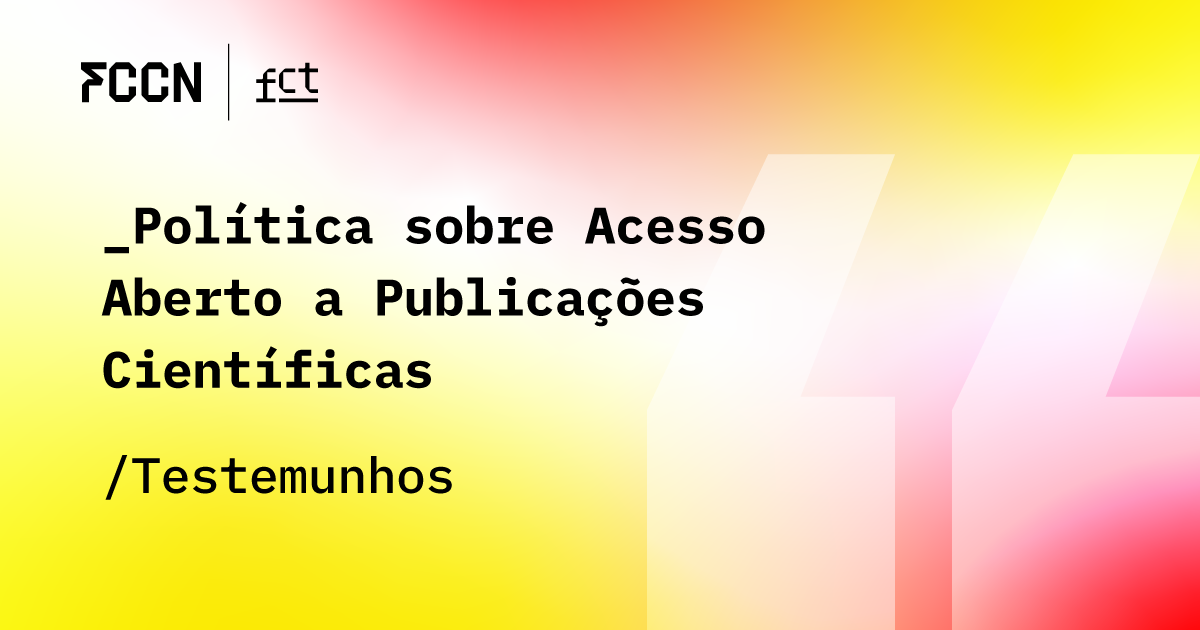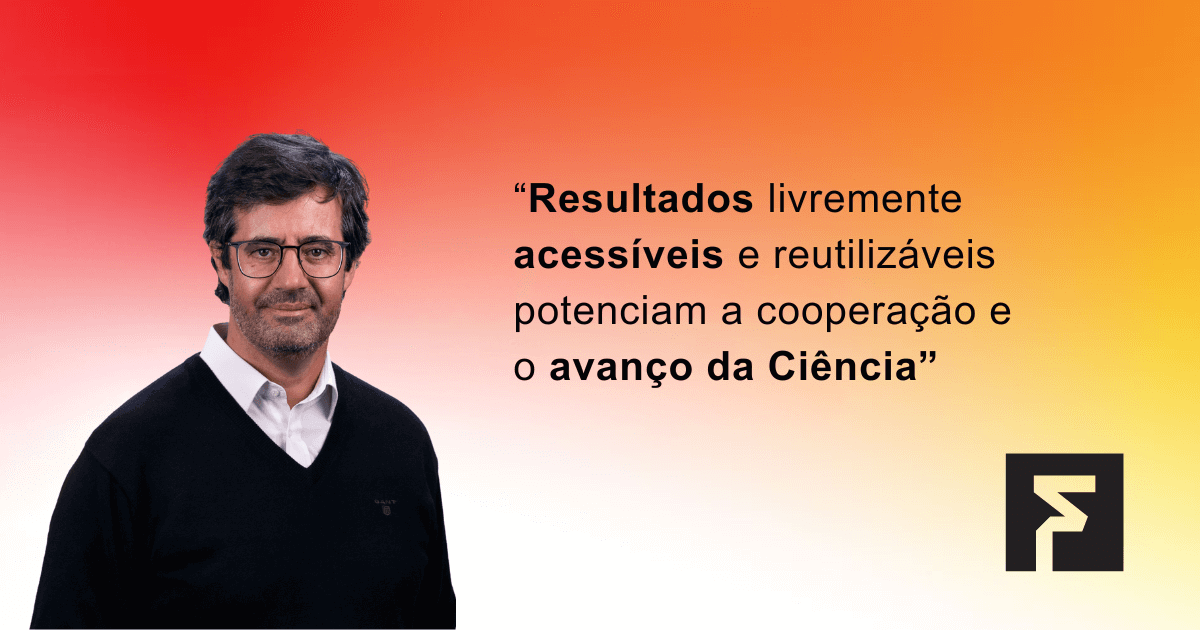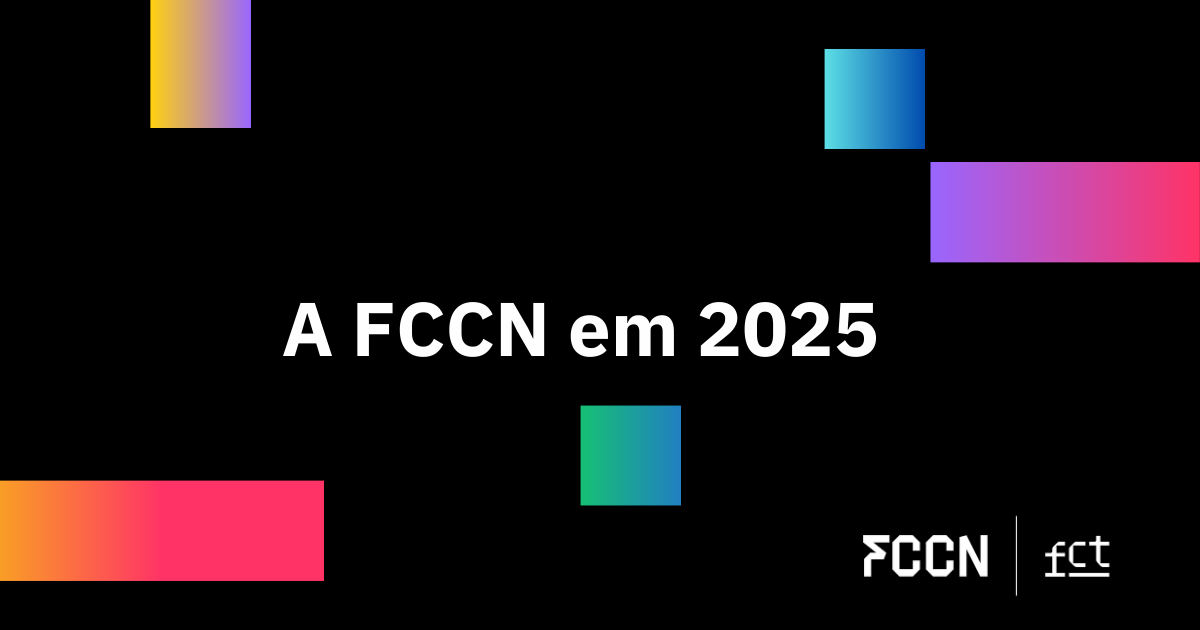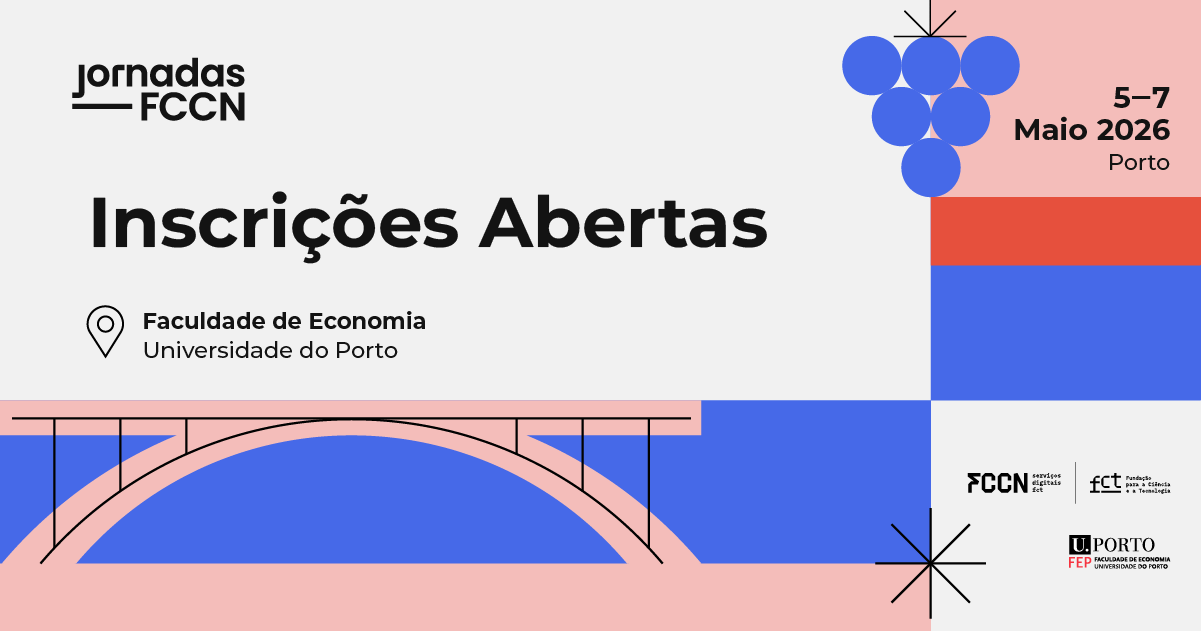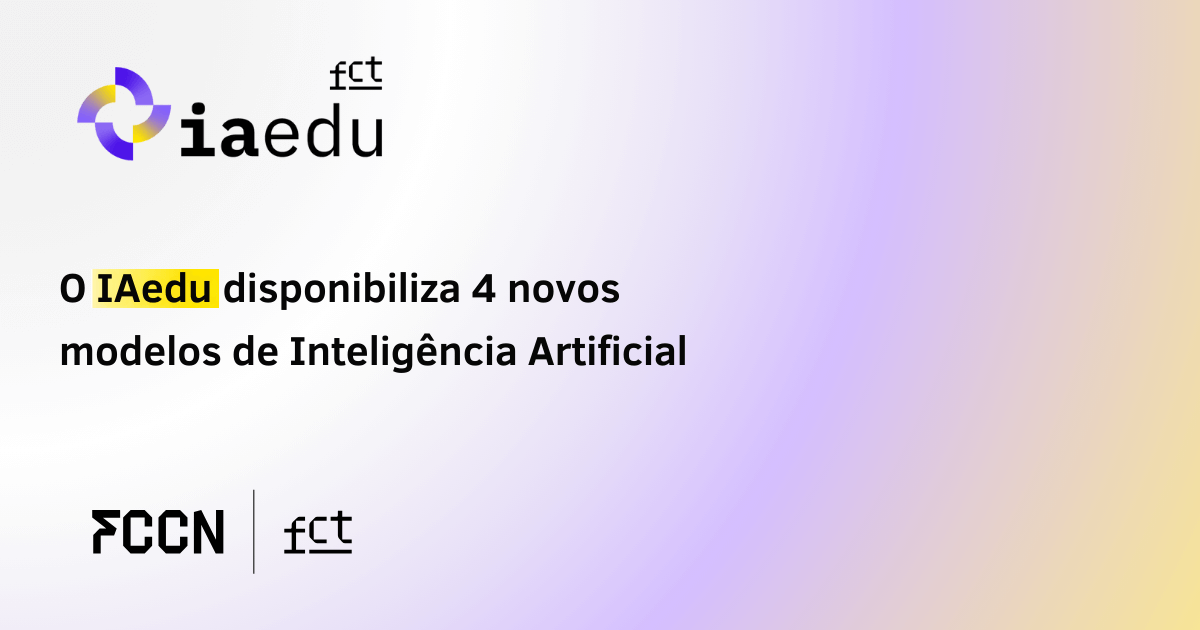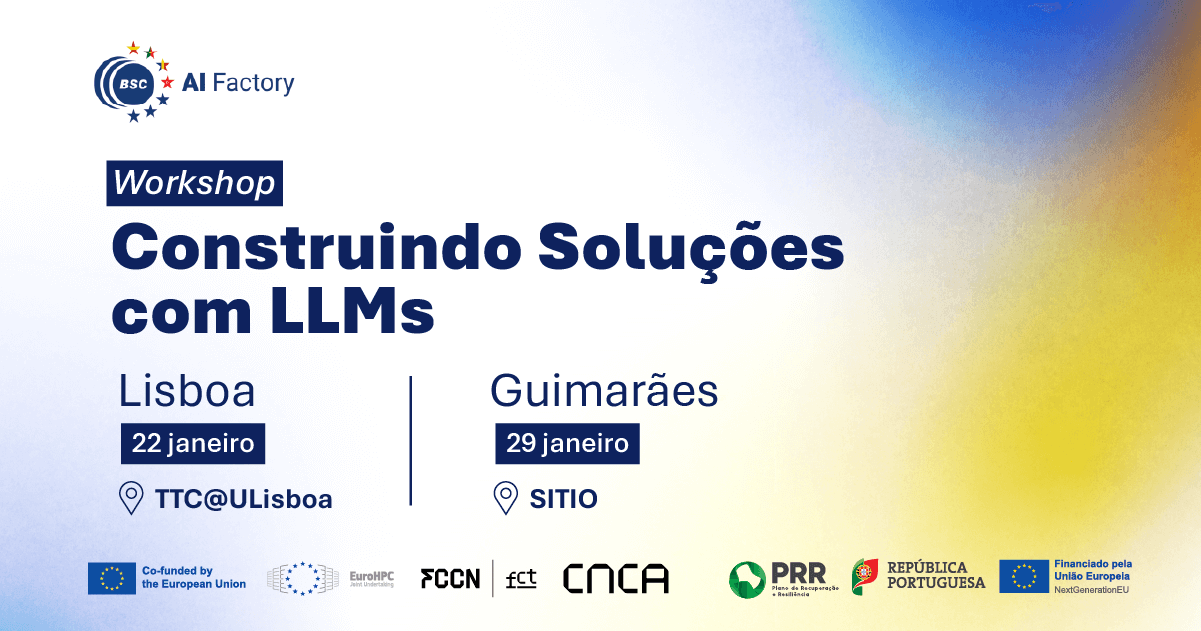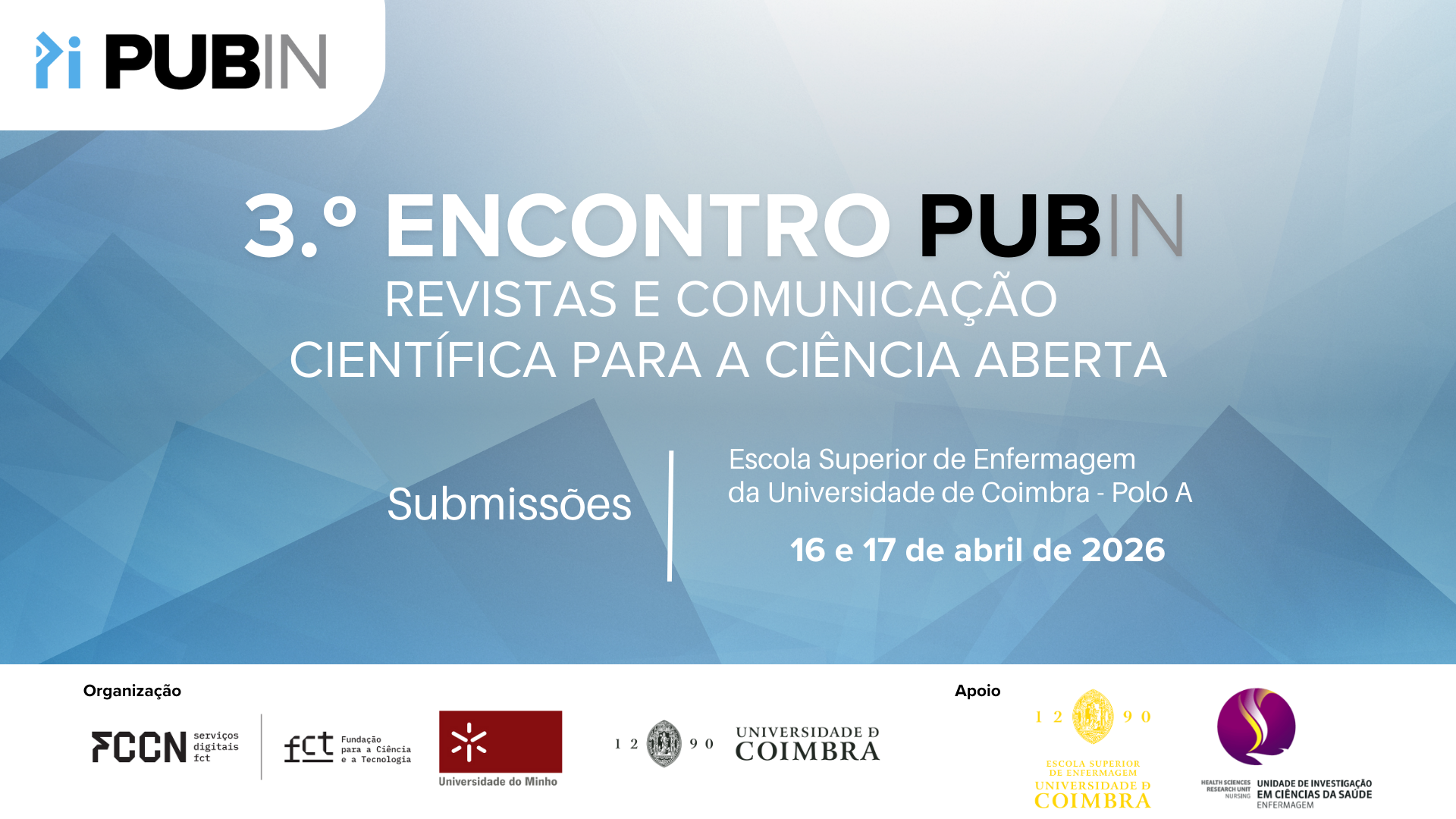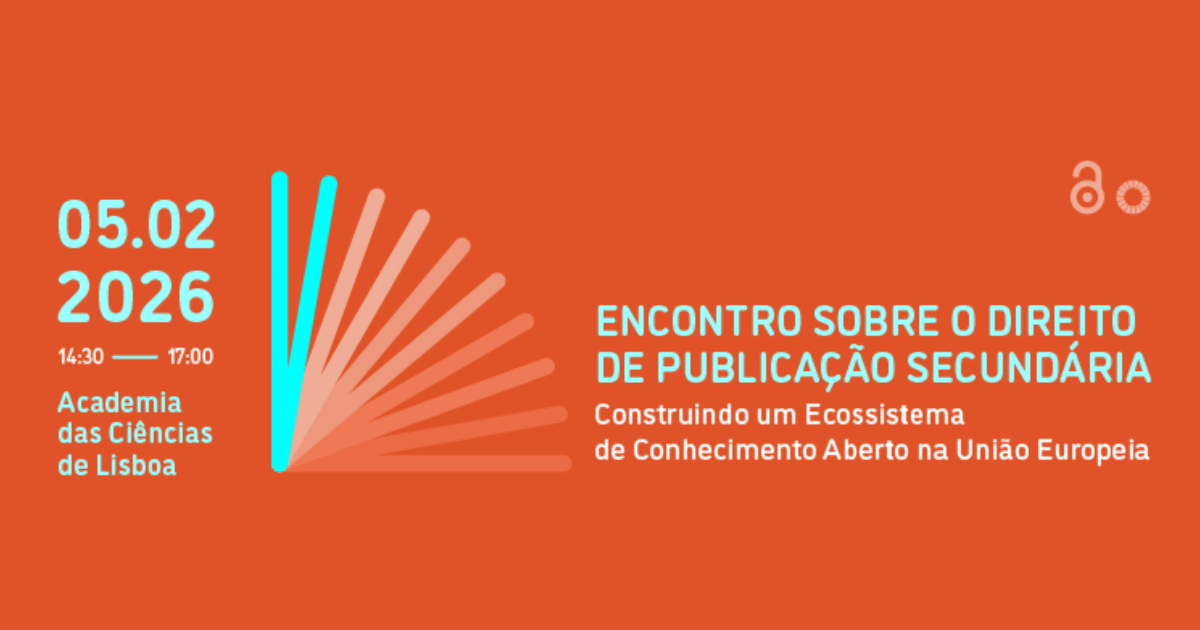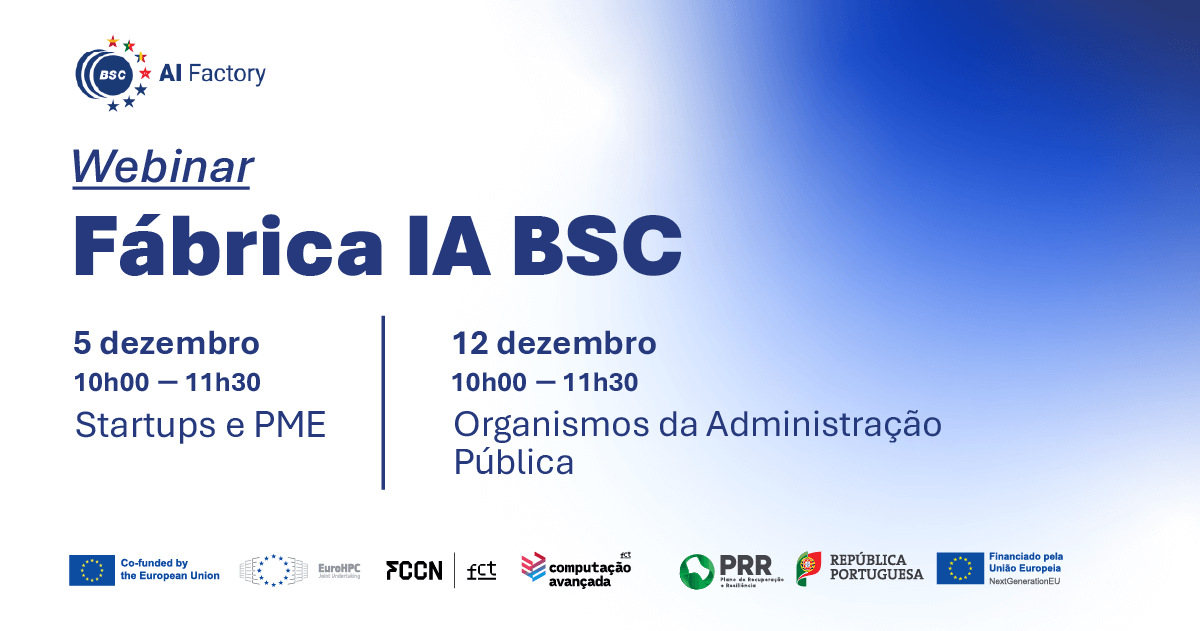Created in 2022 by the FCCN Unit, the Polen project aims to promote Open Science and meet the scientific community's needs in research data management. Filipa Pereira, Research Data Manager at the FCCN Unit, explains how these objectives will be achieved, emphasizing the importance of this area within scientific activity: "Proper research data management contributes to greater visibility of research projects [...], as well as to something very important: the sharing and reproducibility of research."
The FCCN Unit recently launched the Polen project. What does this initiative consist of, and what was the context behind its creation?
The Foundation for Science and Technology (FCT), through the FCCN Unit, has been actively participating in the implementation of actions and measures aimed at the transition to research methodologies based on principles of Open Science.
In this context, the Polen project was launched to meet the needs of the scientific and higher education community in managing their research data. It also aims to promote the principles and practices of Open Science, ensuring the sharing and preservation of research data generated within publicly funded projects.
The Polen project complements the set of services in the area of Open Science, already provided by the FCT, through the FCCN Unit.
Research data is increasingly important in the context of digital transformation. How does Polen respond to this reality?
Research data has, in fact, become increasingly important in the context of digital transformation. Proper research data management contributes to greater visibility of research projects and to increased accessibility, quality, and validation of data, ensuring their preservation, as well as, crucially, the sharing and reproducibility of research.
Our project aims to support best practices in research data management and promote more open, inclusive, and transparent science.
Strategically, the Polen project is based on four interconnected axes of action. On the one hand, the importance of adopting a research data management and sharing policy, appropriately aligned with the best recommendations and the current research context. On the other, the provision of data management services and infrastructures that contribute to effective data management. Another important aspect is the development of communication, training, and dissemination activities, promoting the adoption of FAIR Principles (findable, accessible, interoperable, and reusable data) and Open Science. Finally, we highlight the alignment with national and international initiatives and projects in this area, including the European Open Science Cloud digital initiative (EOSC).
Research data is seen as instrumental in promoting Open Science. How can Polen support this dissemination, and what are some of the benefits that this support can bring, for science and society?
The services provided by the Polen project to the scientific and higher education community are based on good practices for managing and sharing research data, as well as on the principles and practices of Open Science.
In this way, the scientific community will be able to obtain greater visibility and reach for its research, validation of its results, greater efficiency and an expanded collaboration network.
In turn, society will benefit from greater knowledge transfer, greater openness and transparency in scientific processes, greater reliability, and even greater engagement.
Considering the end user, who can benefit most from Polen? And how?
The Polen initiative is aimed at FCT funding beneficiaries and, in general, institutions within the scientific and higher education system. This community can benefit from research data management and sharing services, training and capacity-building initiatives, and alignment with research data management and Open Science projects and initiatives.
«[With Polen], the scientific community will be able to obtain greater visibility and reach for its research, validation of its results, greater efficiency and an expanded collaboration network»
Now that the project has just launched, what are some of the short- and medium-term goals? And what about the long-term?
THE short and medium term, the project aims to make available services that support the proper management and sharing of research data.
In terms of data management and planning, a Data Management Plan System (PGDs), which will enable researchers to prepare and update their PGDs. Through this best practice, it is possible, for example, to describe the data generated and/or reused, evaluate data storage and safeguarding, plan their preservation, identify the various stakeholders in the data management process, and understand how data can be reused in other contexts and research. This service is already available and is based on the tool Argos.
We are also implementing the Polen Research Data Repository Service, which will allow beneficiaries of FCT funding instruments to aggregate, store, preserve, manage, and provide access to research datasets. Through data deposit, the aim is to increase opportunities for collaboration within the community, contributing to the reproducibility and dissemination of science, as well as its validation. This service will begin its pilot phase very soon.
We intend to long term, and continually assess the community's needs. We will also continue to monitor the development of Open Science policies, the evolution of digital transformation, data management and sharing practices, and relevant initiatives and projects in this area.
Is there anything you would like to add?
I'd like to point out that community involvement in this area has been highly relevant, participatory, and promising. In this context, I must highlight three important initiatives that have been developed in collaboration with the University of Minho.
On the one hand, I highlight the Research Data Management Forum, which has already had nine editions, and which has been energizing the community of professionals and researchers involved in activities supporting research data management, debating important topics and publicizing innovative projects.
Also the GDI Forum Working Groups, which include the participation of members from different institutions and scientific areas, deserve to be highlighted, as they contribute to the sharing of experiences and the development of useful resources for the community.
Finally, he also highlighted the 3rd edition of Massive Online Open Course (MOOC) "The Essentials of Research Data Management," available on the NAU Platform, aims to train, update, and educate the community on this topic. This edition will be available soon.
However, I invite the scientific and higher education community to learn more about the Polen Project at: https://polen.fccn.pt/.

